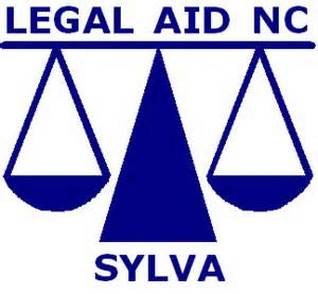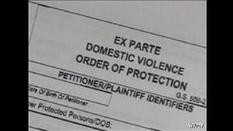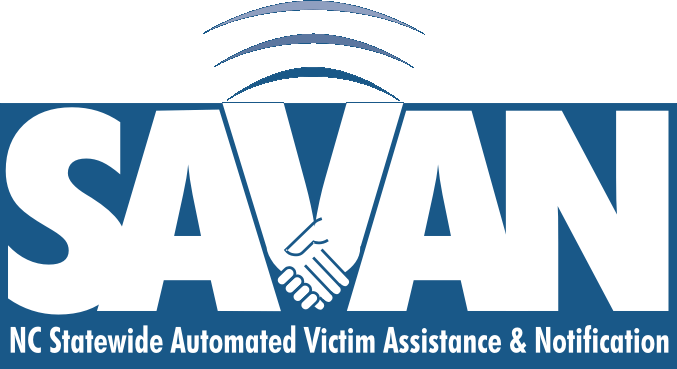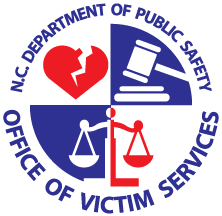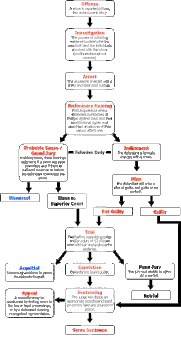Court Advocacy
|
What Court Advocacy
Services Does REACH Provide? A Court Advocate will assist clients through every step of the criminal and civil court process, including:
|
|
What is a Domestic Violence Protective Order (50B)?
A protective order is a civil court order signed by a judge that offers protection to victims of domestic violence. Victims can get the paperwork from the clerk of court’s office or from a domestic violence program (like REACH) where someone will assist them with completing the paperwork. The paperwork is filed with the clerk of court. There is no filing fee for domestic violence protective order and victims do not need an attorney when they go to court. |
|
According to NC law, the following people are eligible for a protective order:
|
Victims of Domestic Violence can request the following relief in a protective order:
|
Information about Victim’s Rights and the Court System Victim’s Rights:
|
|
North Carolina Victims Compensation Program
The Victims Compensation Program, administered by the Division of Victim and Justice Services, is designed to assist persons and crime survivors who suffer personal injury or death caused by criminal conduct which occurred on or after August 13, 1987. Under North Carolina law, the victim, his/her survivors, or a legal representative may file a claim within two years to receive compensation from this fund. |
The District Attorney’s Responsibilities to Victims:
- The District Attorney’s office will notify you, if you wish, of information concerning court proceedings.
- The District Attorney’s office will provide you the opportunity to talk with the attorney prosecuting the case, before the case is disposed, about your views of the disposition of the case.
- The District Attorney’s office will provide you a secure waiting area during court proceedings, if at all possible and practical.
- The District Attorney’s office will, prior to disposing of a case, offer you the right to make a statement telling the sentencing judge the impact this case has had on you.
- The District Attorney’s office will notify you in writing about what has happened in your case within thirty days of the final proceeding.
- If the defendant appeals the verdict, the District Attorney’s office will forward to Attorney General’s office the appropriate information about you so they can inform you on how the appellate process works.
The Basic Steps in the Criminal Justice System (Court Process)
|
What to do if the defendant or someone else threatens or intimidates you?
Threatening a witness is a crime in North Carolina. If you receive a threat from the defendant or anyone else, call the police or contact the prosecutor or the Victim Witness Assistant in the District Attorney's office.
The NC State Bar is the state agency who oversees the practice of law in North Carolina according to their webiste. For more information, click the image above to go to their website.

